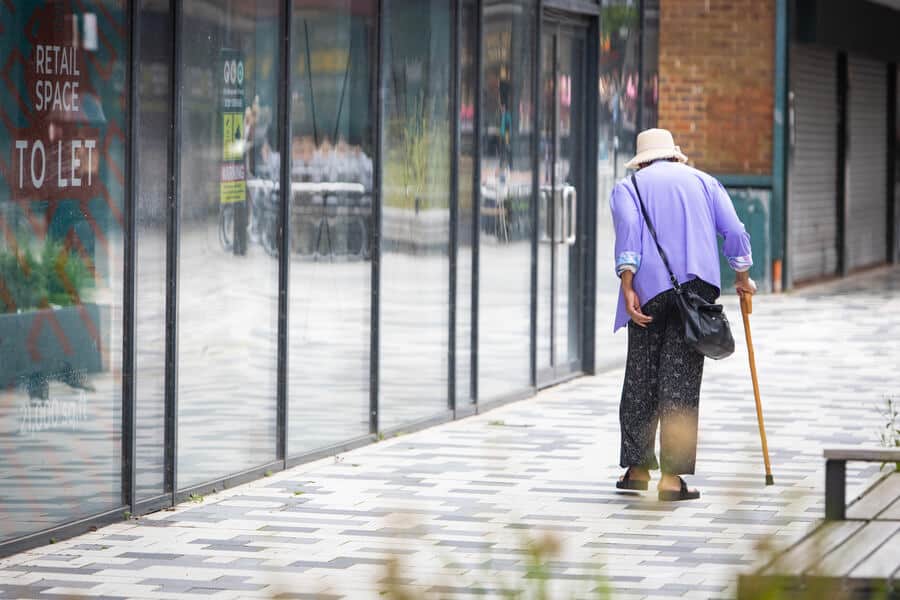New study reveals how muscle cells deteriorate with age and hamper injury recovery

Researchers from Nottingham Trent University have discovered that muscle cells deteriorate with age, affecting their regenerative ability and recovery after injury.
The researchers analysed the genes inside muscle cells and found that the “development pathways,” which are the ways in which genes work together to regenerate muscle, become weakened in older cells.
“This goes some way towards explaining why muscle injures may take longer to recover as we get older,” said lead researcher Dr Lívia Santos, an expert in musculoskeletal biology in Nottingham Trent University’s School of Science and Technology.
She said: “We know that healthy muscle regenerates after we’ve had an injury, but ageing impairs that regeneration potential and recovery gets harder the older we get. What we’ve observed, in terms of what happens inside the cells, helps us to better understand why we don’t heal as well or as quickly in older age.
“The pathways that control cell processes and development work differently in older cells and are down-regulated, meaning regeneration is impacted the older we get. If we can understand these pathways, however, we could potentially identify new therapies and interventions to mitigate the problem.”
The researchers developed a new approach to examine muscle cells in the laboratory and observed the different mechanisms that drive muscle ageing. They studied muscle cells from donors and assessed how they healed and regenerated after being chemically injured.
When comparing cells from a 20-year-old donor to cells from a 68-year-old donor, the team found distinct differences in the development pathways. Younger muscle cells fully recovered from the injury, while older cells expressed fewer genes needed for regeneration, leading to reduced regeneration capacity and thinner, less robust muscle fibres.
Janelle Tarum, another researcher involved in the study, highlighted how their work could be crucial for future drug discovery and the treatment of diseases related to muscle aging: “We’ve been able to develop a new approach to assess muscle regeneration which involves a state-of-the-art technique called RNA-sequencing.
“There’s a very clear reduced regeneration capacity and weakened recovery of aged cells and we have been able to further understand the factors underlying this impairment.
“Our work enables us to examine muscle cell regeneration across the lifespan and this in turn could be key for future drug discovery for disease related to muscle ageing.”
The study was published in the Journal of Tissue Engineering and Regenerative Medicine and involved researchers from Manchester Metropolitan University and Liverpool John Moores University.


